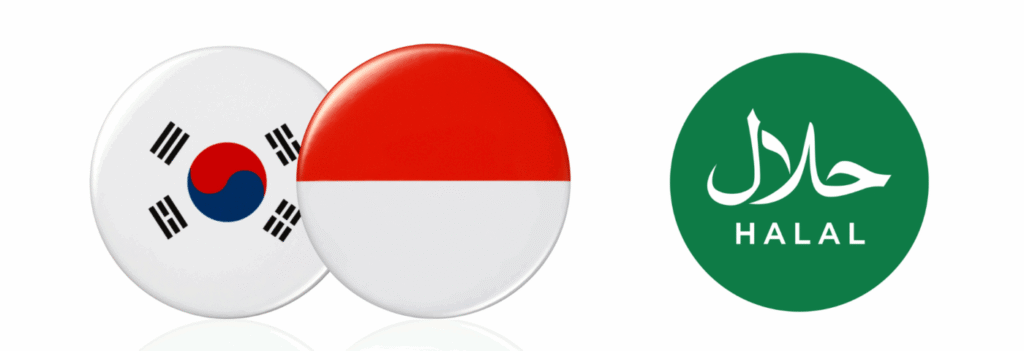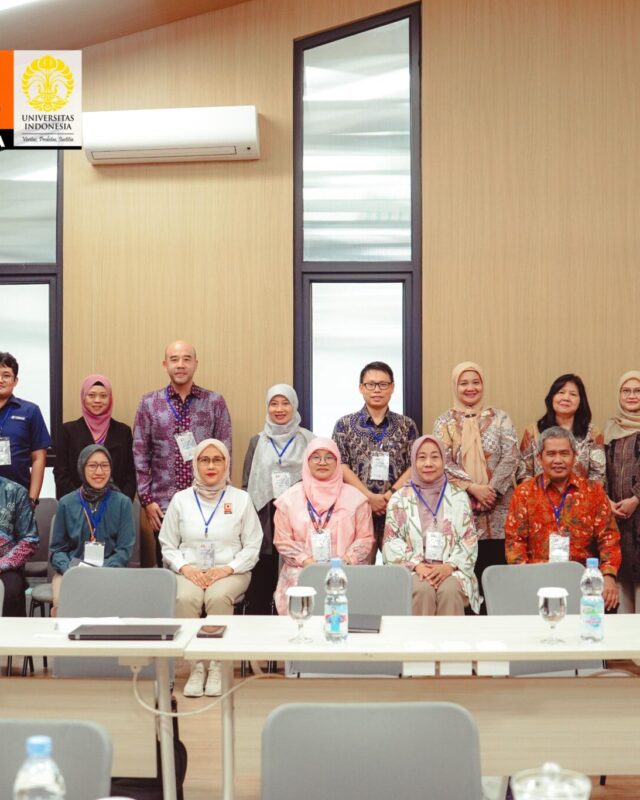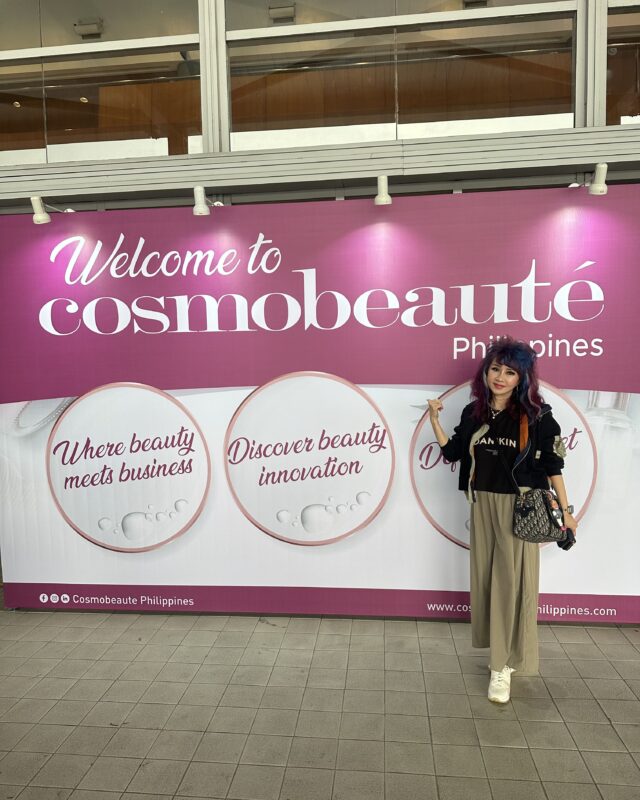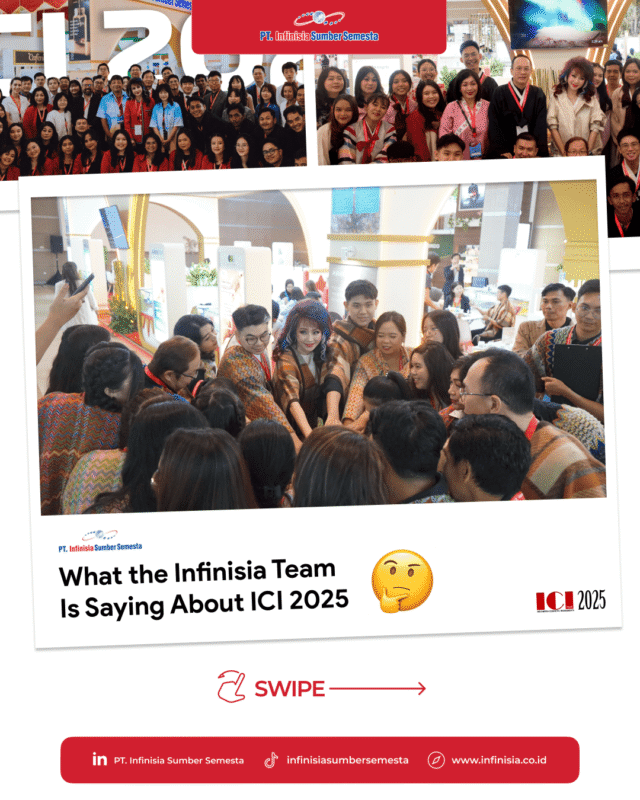
How does Korea affect Indonesia’s Beauty?
From https://connect.in-cosmetics.com by Mediana Hadiwidjaja President Director of Infinisia Sumber Semesta
K-Beauty has significantly reshaped beauty ideals in Indonesia. The pursuit of “glass skin” and a bright complexion, popularized by K-pop idols and K-dramas, has created aspirational standards.
These ideals link beauty to confidence, success, and modernity, making Korean aesthetics highly desirable. K-Beauty products also resonate deeply because their lightweight, hydrating, and natural formulations suit Indonesia’s tropical climate and Asian skin types better than heavier Western alternatives.
This wave of K-beauty fervour has sparked a surge in local product innovation, with numerous Indonesian brands eagerly imitating Korean cosmetics, from core concepts and formulations to eye-catching packaging and branding strategies.
Take Somethinc, a rising local powerhouse, which has crafted products like its HYALuronic9+ Advanced + B5 Serum and AHA BHA PHA Peeling Solution, echoing the Korean staples from COSRX, complete with sleek, minimalist bottles that scream premium K-skincare.
Emina, Indonesia’s go-to teen cosmetic line, mirrors this by offering glossy lip stains and compact cushions in playful, pastel-hued packaging inspired by the cute aesthetics of Etude House.
Even more telling are brands like Avoskin, Hanasui, and Miss Glam, which draw inspiration from Korean giants such as By Wishtrend, Nature Republic, and COSRX.
These adaptations highlight how local players infuse K-beauty’s tech-driven trends with cultural relevance, fueling a homegrown movement where entrepreneurs aspire to replicate, and perhaps one day rival, South Korea’s global beauty dominance.
A Tale of Inspiration: Comparing Korean and Indonesian Skincare Innovations
Indonesia’s Beauty Market Dynamics

Young and fast growing, the total cosmetics market revenue of Indonesia has reached US$ 9.17 billion and is projected to reach nearly US$10bn as of 2028, growing annually by 4.6% (CAGR 2025-2028) (Insight of Consulting, 2024).
Several factors drive this expansion: a rising middle class, increased urbanization, and greater beauty awareness for both women and men. Crucially, Indonesia has a youthful demographic profile, with Gen Z alone constituting approximately 27.9% of the population, about 75 million people, and when combined with Millennials, over 52% of the population is under 35 years old (VOI, 2021).
This massive, trend-conscious young consumer segment is the reason why Indonesians are highly influenced by global pop culture, especially the Korean Wave (K-pop, K-drama, K-beauty).
For full article please visit this link : https://connect.in-cosmetics.com/



